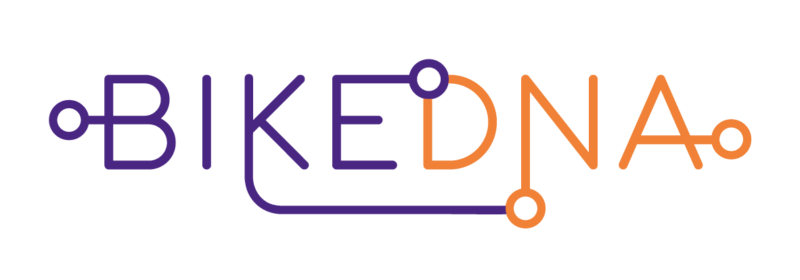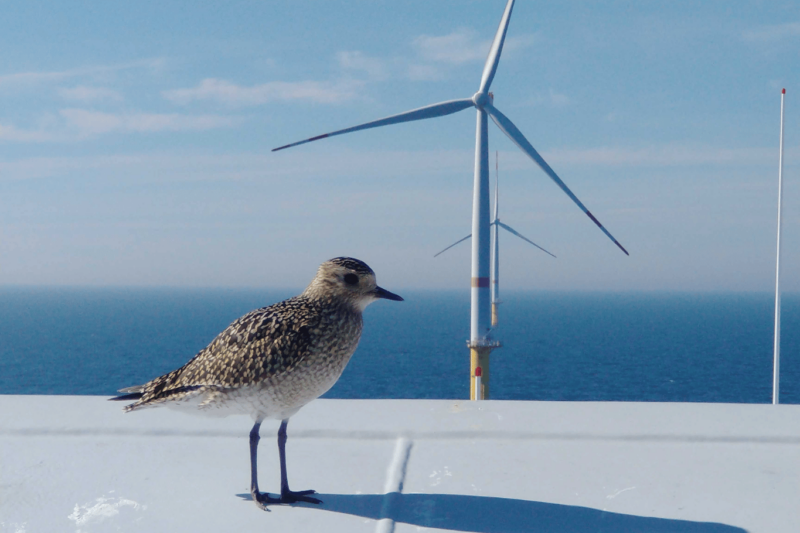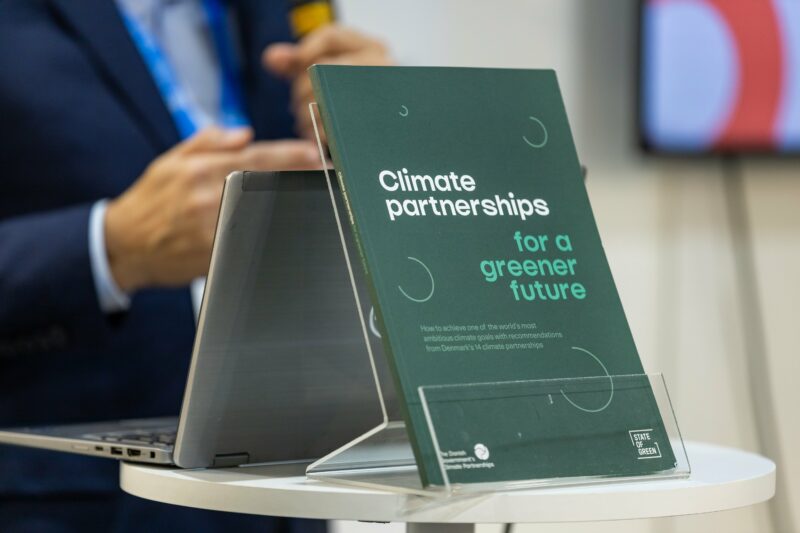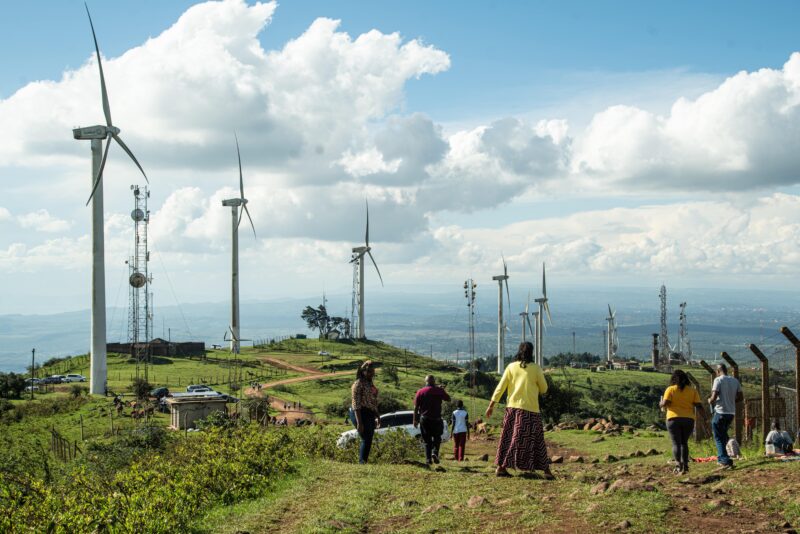News
Europe’s best cycle cities to spread the joy of cycling
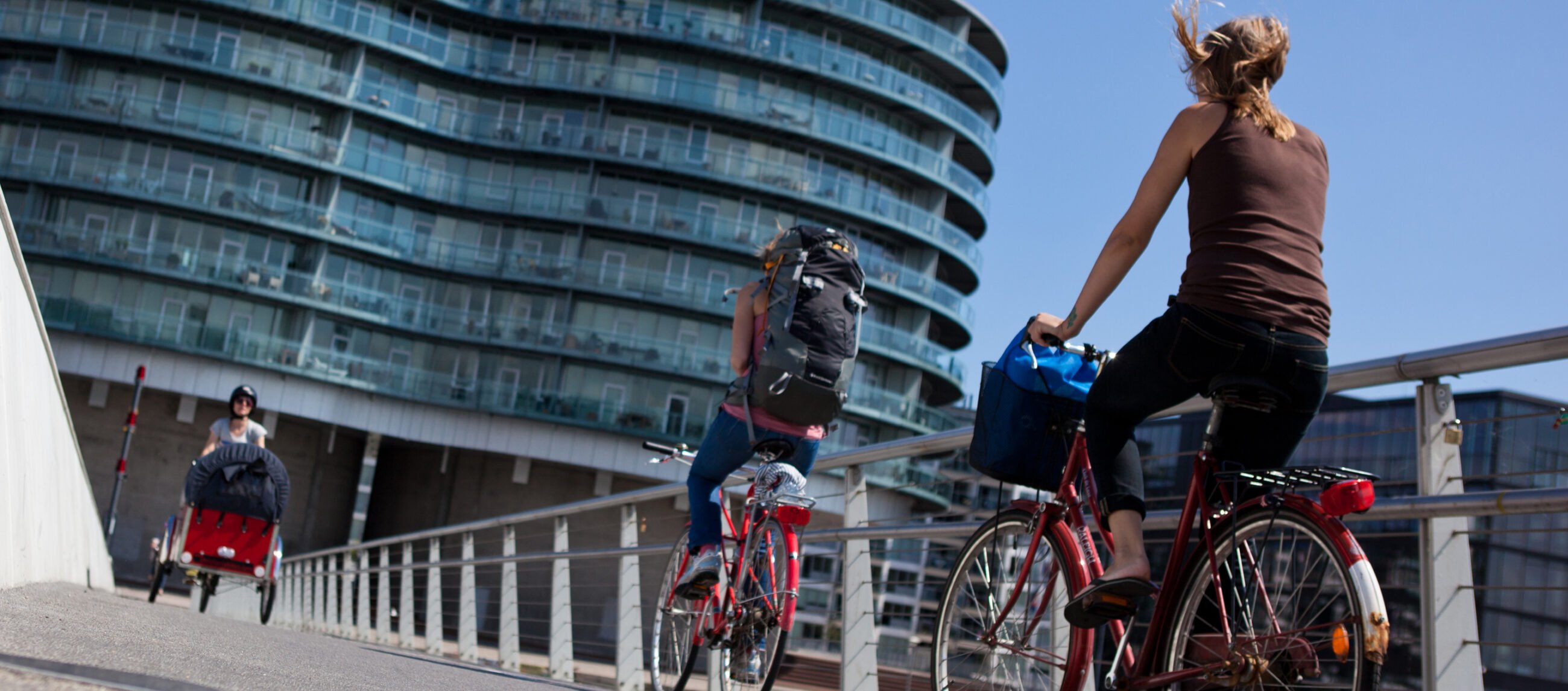

Copenhagen, Amsterdam, and Munich have been appointed as the three mentor cities that are to help 10 selected European cities such as Dublin and Rome to get even more city dwellers hop on their bike. The goal is to create more bicycle-friendly cities across Europe and examine whether other cities – if sufficiently motivated – can become like e.g. Copenhagen and Amsterdam.
The 13 cities met for the first time in Copenhagen last week, and of course, they went cycling to see what Copenhagen has done to promote cycling. Among other things, the delegation passed the iconic bicycle bridges, the Cycle Serpent and the Circle Bridge, and the 4-meter wide cycle tracks on Queen Louise’s Bridge, the busiest cycle track in Copenhagen with 48.400 cyclists passing daily.
How to become and remain the world’s best city for cyclists
Still, Ninna Hedeager Olsen, Mayor of Technical and Environmental Affairs in Copenhagen has no doubts that Copenhagen can learn a thing or two. She is particularly looking forward to the first formalized bicycle partnership between Copenhagen and Amsterdam:
“If Copenhagen is to be the world’s best city for cyclists, we have to be at the cutting edge so we don’t get left behind. Copenhagen has very good bicycle infrastructure, but when it comes to bicycle parking facilities and handling abandoned bikes, Amsterdam is 10-15 years ahead of us. We need to learn from their best practice. Test the established ways of doing things is always healthy, and the cooperation with Amsterdam can definitely challenge our conventional thinking. Amsterdam has many years’ experience establishing bicycle streets where the street is laid out on the cyclists’ terms but where cars are also welcome. This is interesting know-how which we will now systematically get access to,” says Ninna Hedeager Olsen.
Cities must take the lead in reducing CO2-emissions
The cities in the new collaboration named ”Handshake” will also be working with the University of Amsterdam on systematizing and qualifying the cities’ experiences. Ninna Hedeager Olsen is hoping that the participation of Copenhagen can help get many more people to start cycling across Europe.
“The big cities are responsible for the majority of the world’s CO2 emissions, and so we also have a deciding responsibility for developing and spreading the good sustainable solutions. Every year, Copenhagen receives a high number of delegations who want to know the secret behind Copenhagen’s success as a cycle city. I hope that we through this new cooperation can help spread our know-how to an even higher degree,” says Ninna Hedeager Olsen.
Manchester looking forward to learn from the best
Manchester is one of the 10 ambitious cities keen on becoming a cycle city, and the English city itself pointed at Copenhagen as their mentor.
”Handshake is a really exciting opportunity for us to learn form the best. We want to turn Manchester into a city where the bicycle is the most obvious and attractive means of transport. This collaboration will give us a much better understanding of what Copenhagen, Amsterdam, and Munich have done so well – and to incorporate those ideas and experiences into our work here in Manchester,” says Chris Boardman, walking and cycling commissioner in Greater Manchester.
Greater Manchester has recently invested heavily in extending the region’s bicycle infrastructure and is planning to invest 1.67 billion Euro in cycling over the next 10 years.
About Handshake
- Handshake is a new consortium consisting of 13 European cities and a few organisations, companies, and universities and aims to strengthen international knowledge sharing in the area of cycling.
- The participating cities are:
- Copenhagen, Amsterdam, München (mentors)
- Bordeaux, Brugge, Cadiz, Krakow, Helsinki, Manchester, Rom, Riga, Torino, Dublin (mentee’s)
- Copenhagen will be mentoring Manchester, Helsinki, and Riga and is hoping to learn from Amsterdam’s experiences with bicycle parking and handling abandoned bikes and Munich’s experiences with influencing traffic behavior.
- Handshake is 100% financed by the EU’s Horizon 2020 program, which is the EU’s biggest research and innovation program ever.
You should consider reading
solutions
Urban infrastructure planning
+2

